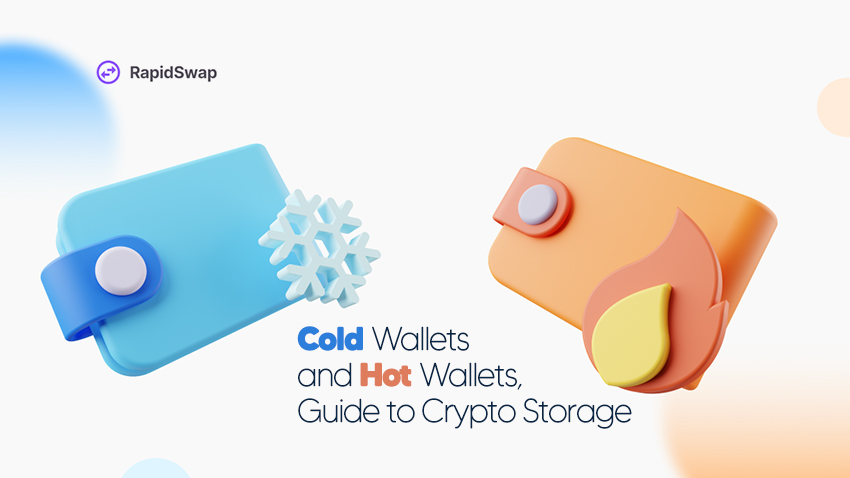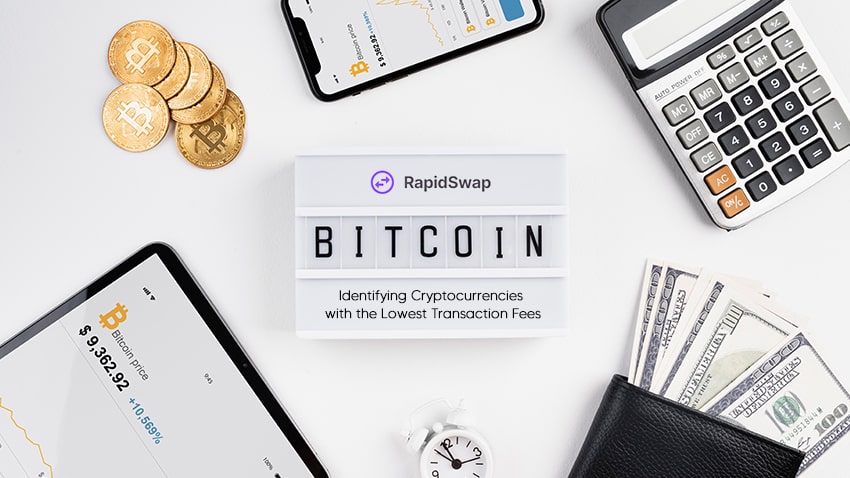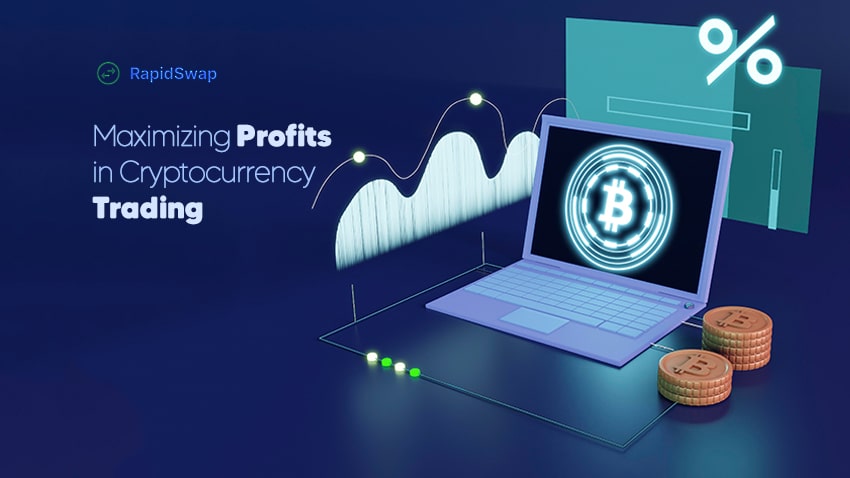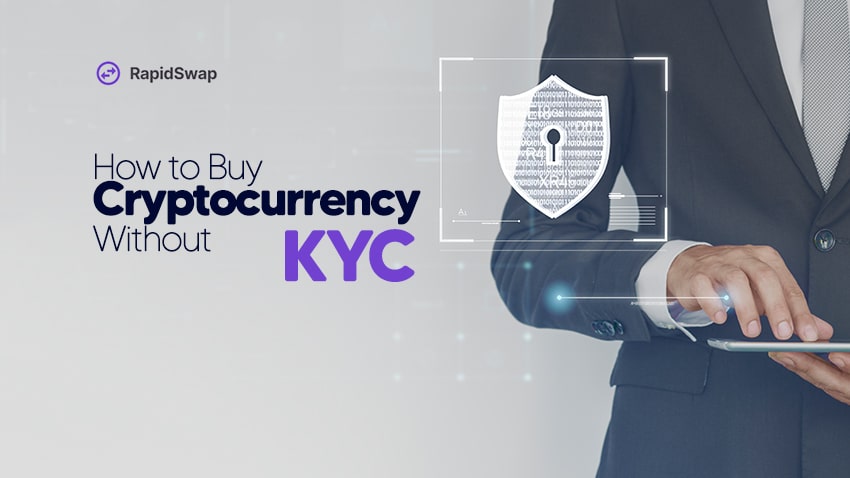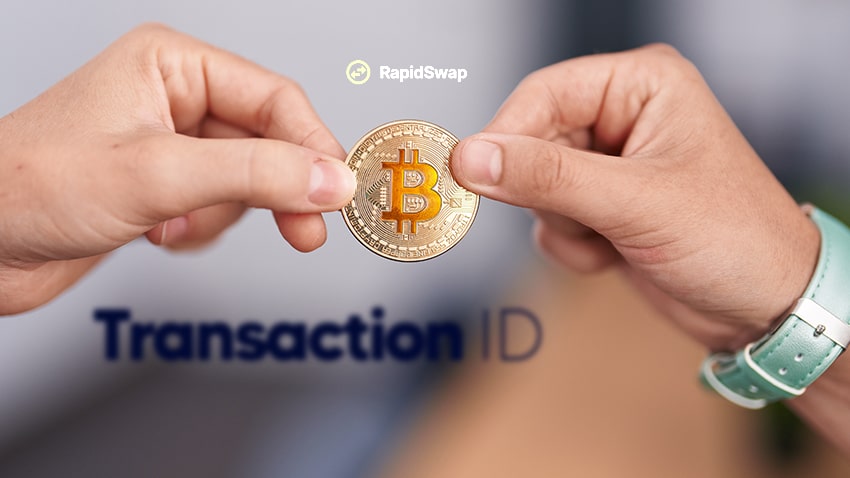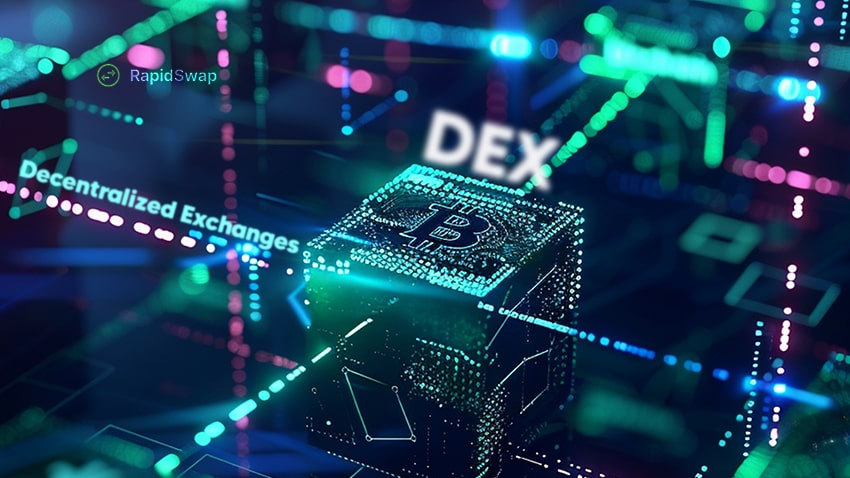Cold Wallets and Hot Wallets, Guide to Crypto Storage
As the popularity of cryptocurrencies continues to rise, so does the need for secure methods of storing these digital assets. Whether you’re a seasoned investor or just starting your journey into the world of cryptocurrencies, understanding the different types of wallets available is crucial to protecting your investments. Two of the most commonly used storage

